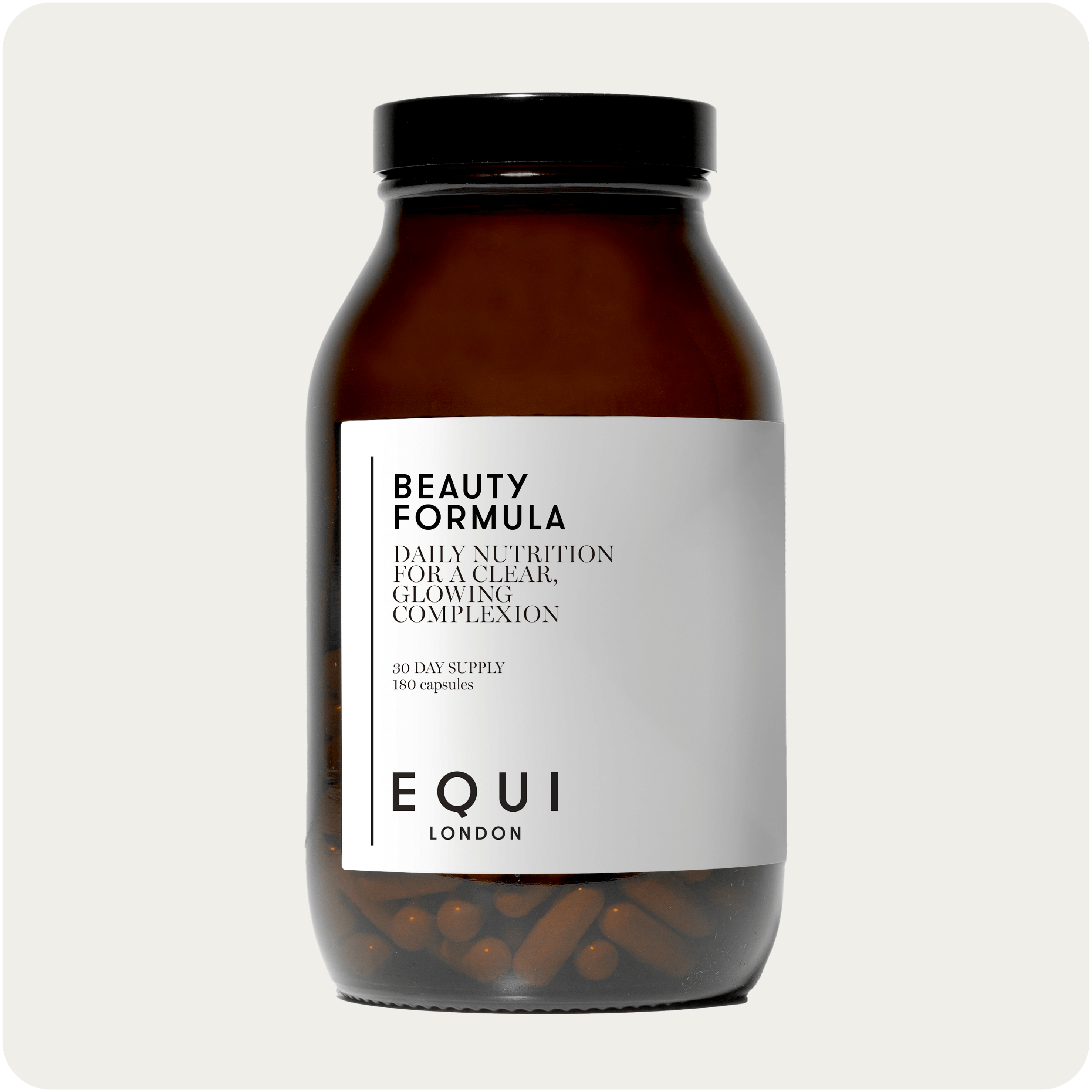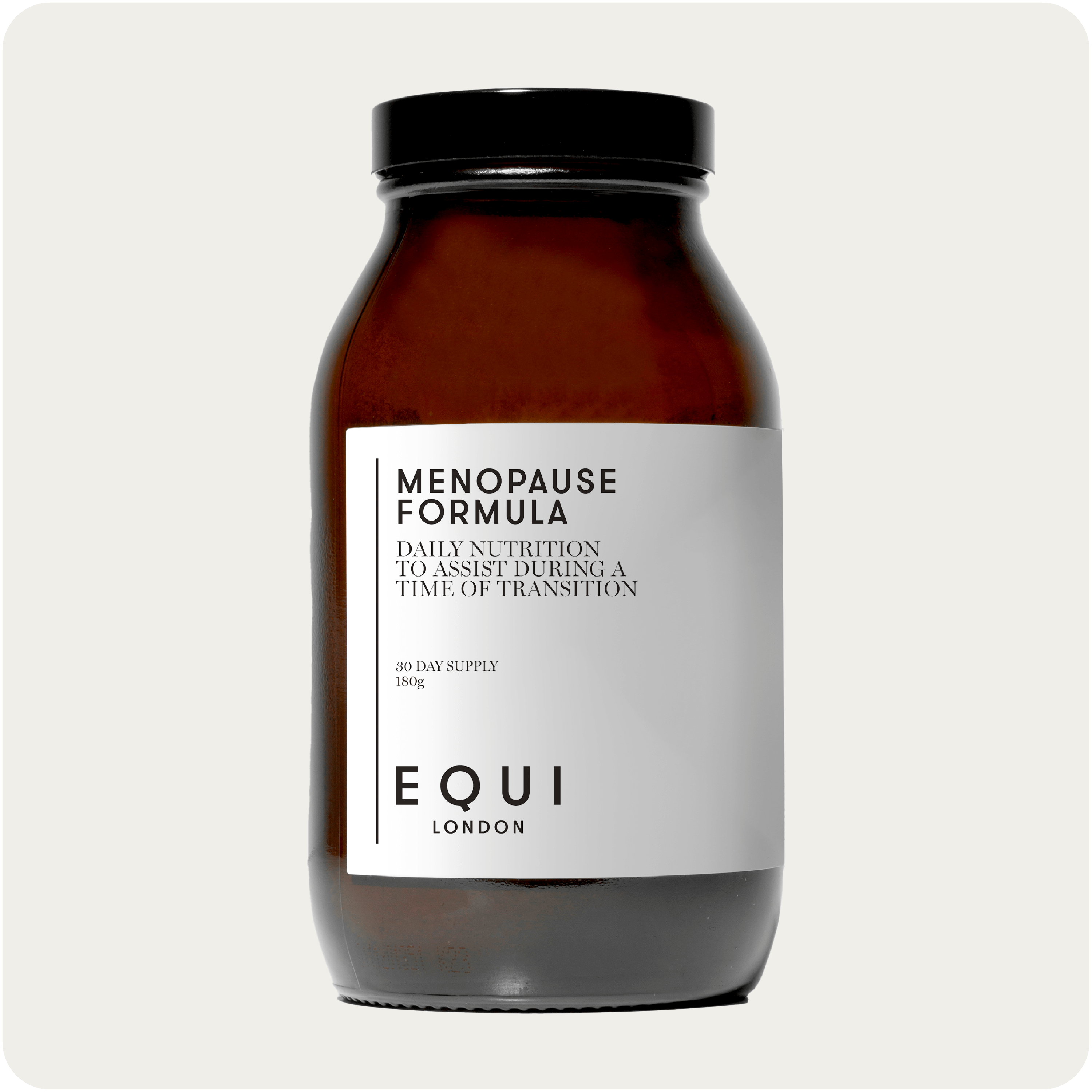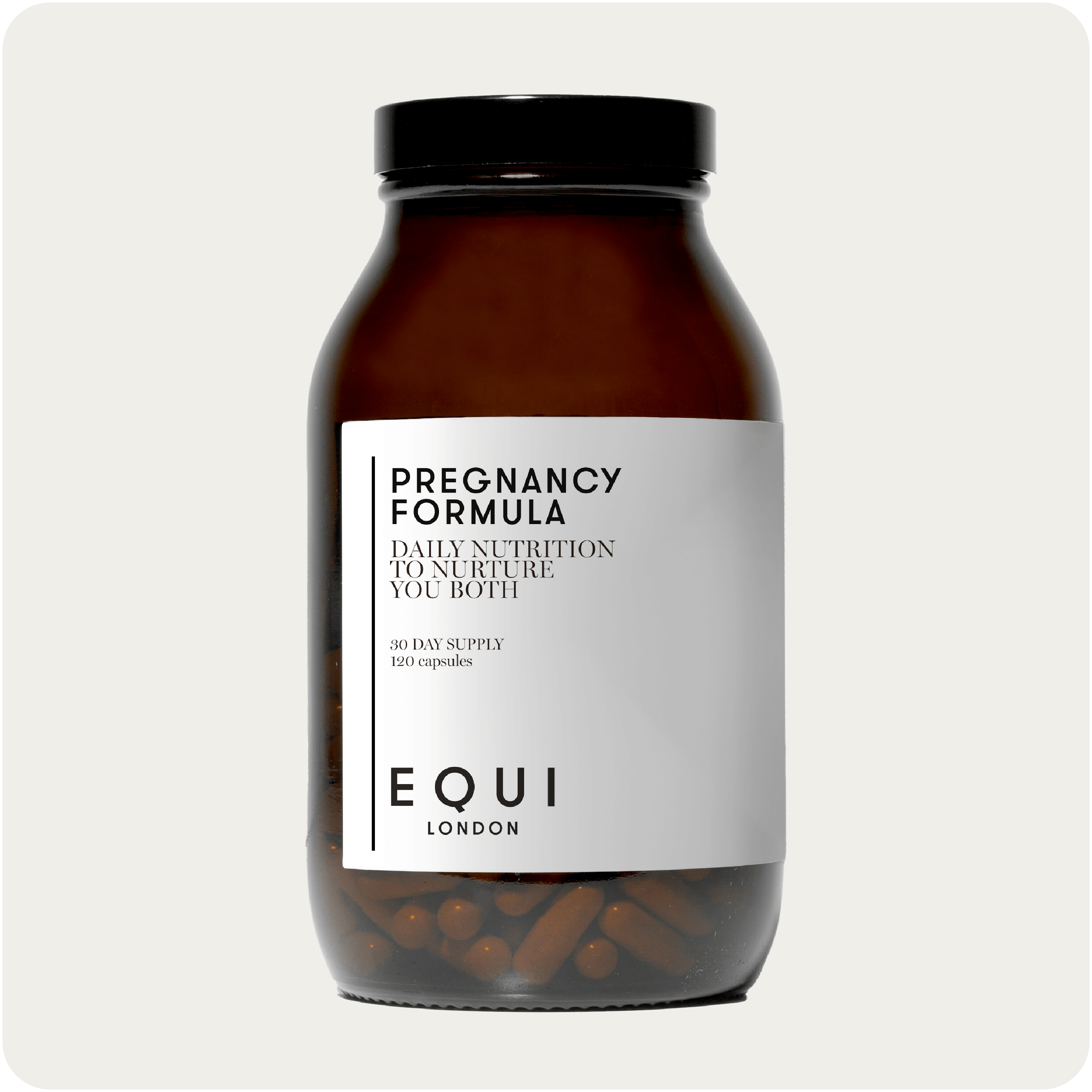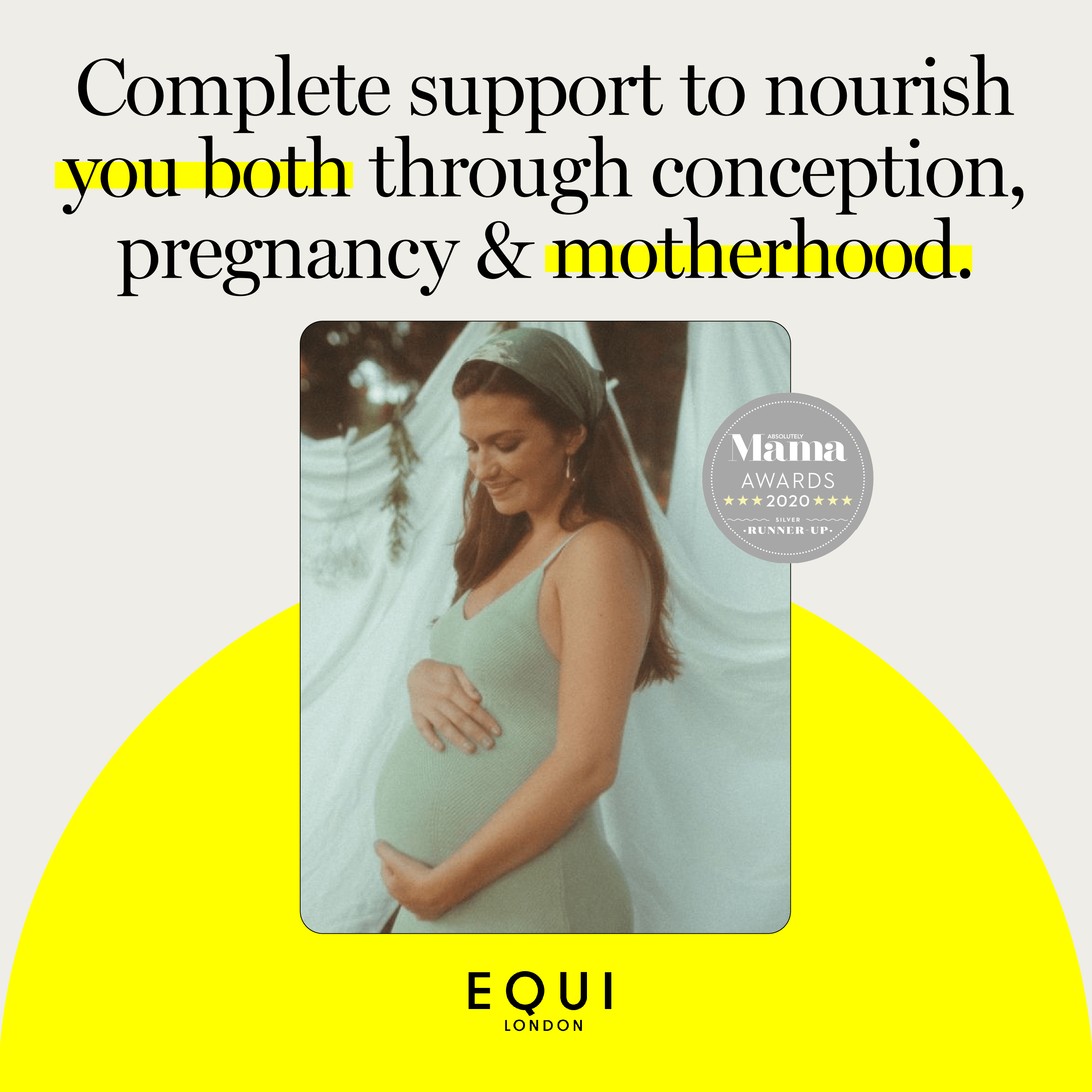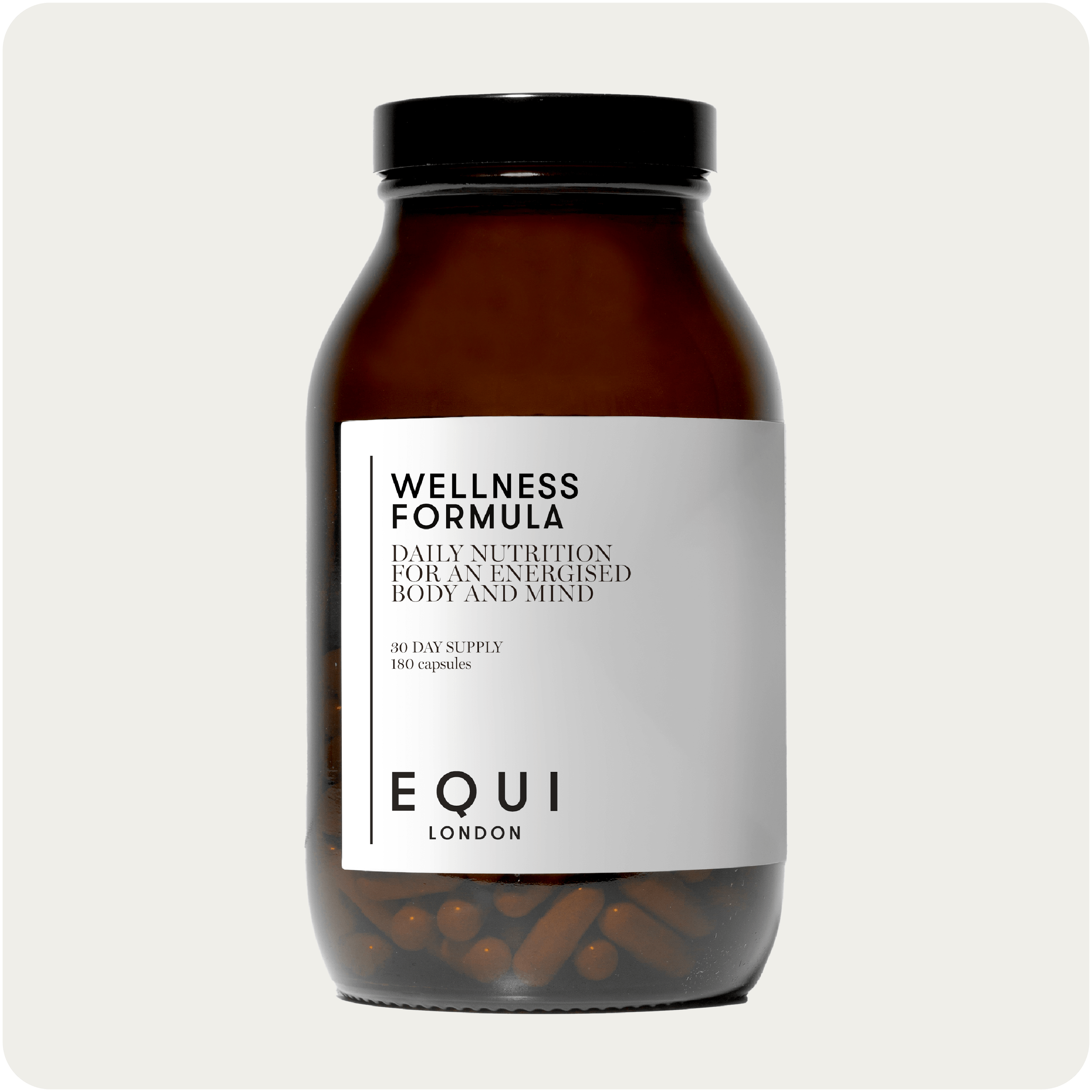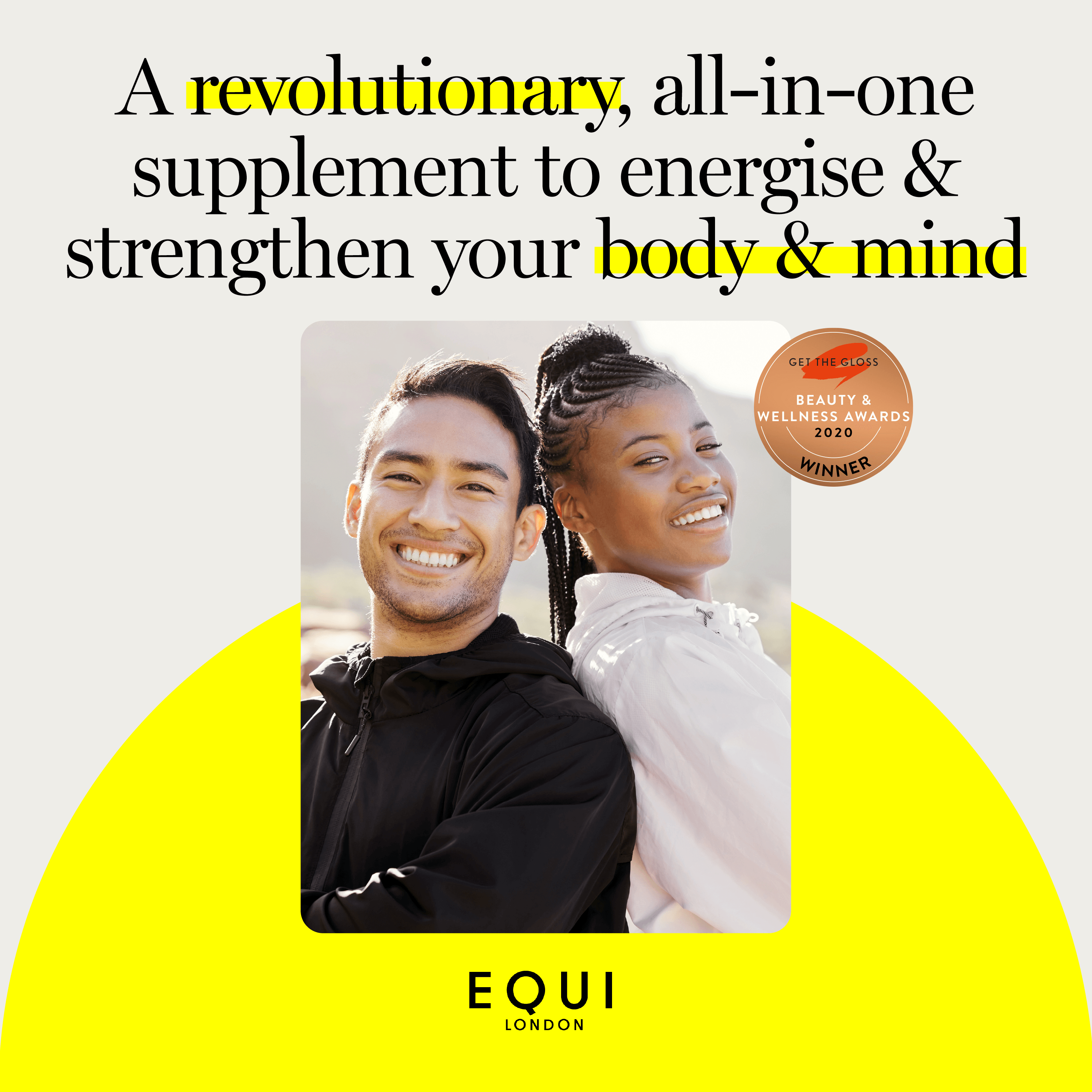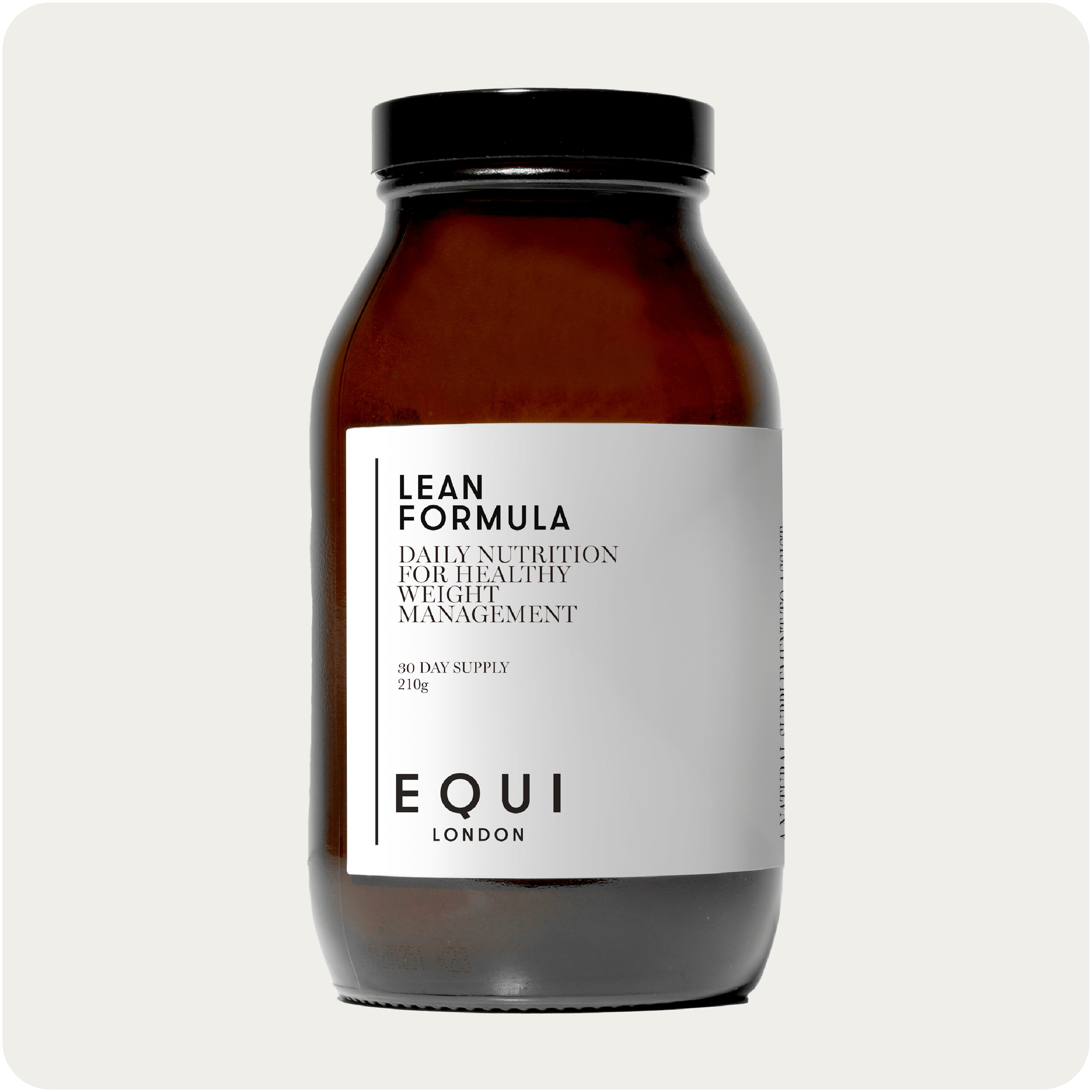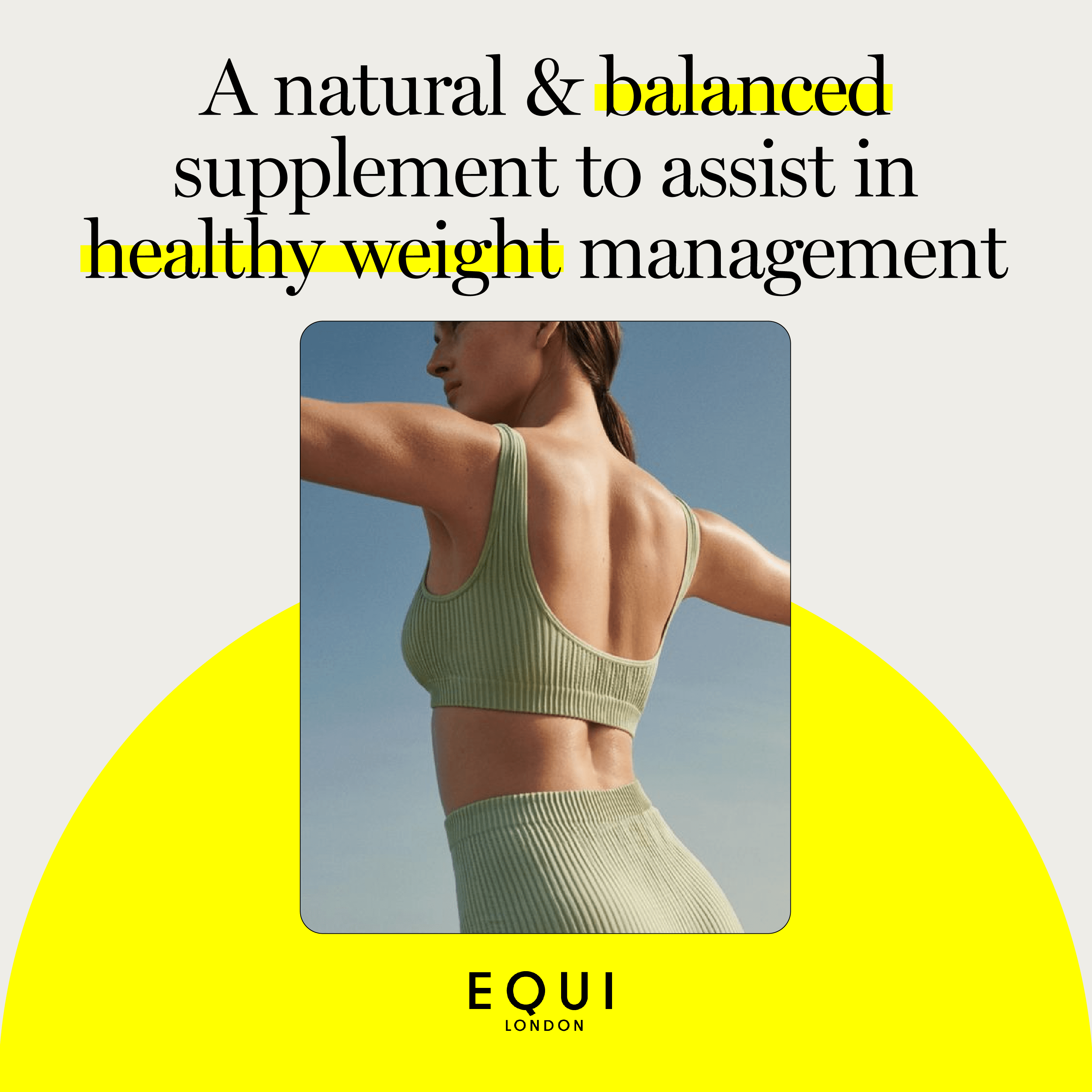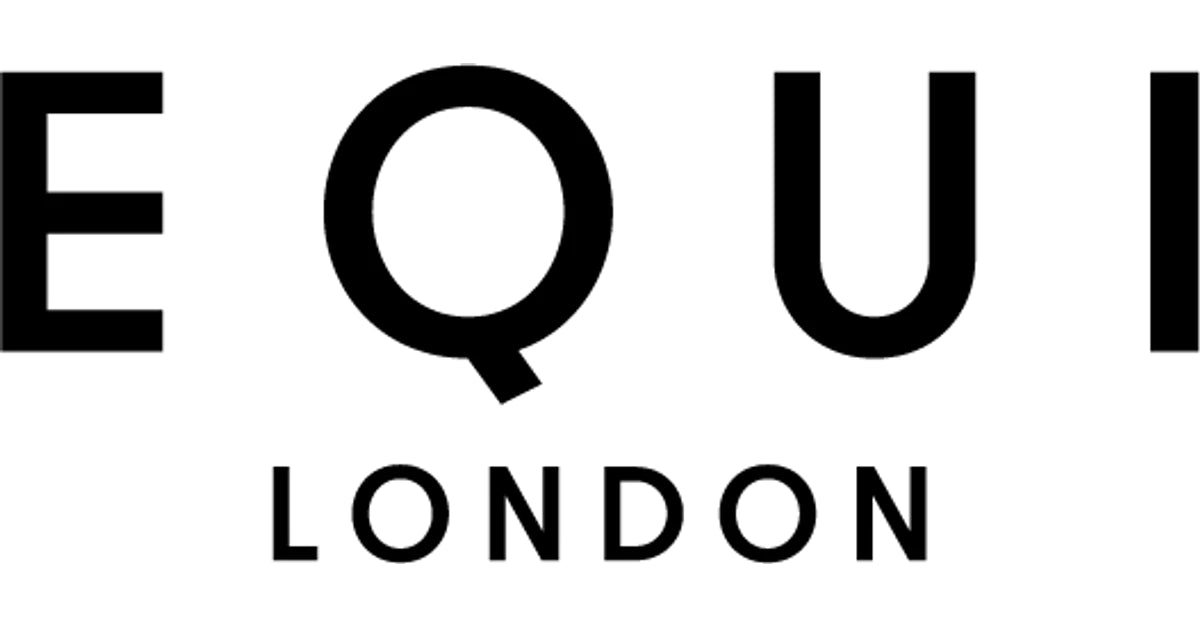
As most women will know, hormones have such a huge impact on how we feel on a daily basis. Many of us simply accept that this is the case, feeling that we have no choice but to just ‘get on with it’. But actually there is much that can be done to manage our hormones.
Whether you choose to take medication or not, adjusting diet and lifestyle is advisable if you’re struggling with difficult symptoms during peri menopause or menopause, as well as being important for long term health and wellbeing as we age. This is because nutrition and lifestyle can have a very significant impact on how we feel on a day-to-day basis, both in terms of our overall wellbeing but also our hormone health. And as we at Equi always say, this comes down to supporting the whole body, not just our hormones. Below we have highlighted some key things you can do to help yourself if you're going through any of the often horribly debilitating symptoms of menopause/peri-menopause.. we really hope this helps anyone feeling the heat.
Adrenals and Stress
Like our monthly cycles, stress is controlled by hormones too, one of which is called cortisol. If we are regularly in a heightened state of stress this can have a knock on effect on many other body systems, including oestrogen & progesterone levels, digestion, sleep cycles and mood.
It can also begin to impact thyroid function and issues here can become more common as we age, leading to low energy, anxiety, low mood, tendency for weight gain and poor skin and hair quality. We address how to manage this with diet below, but anything you can do to work to manage stress better is key here – breathing exercises, meditation, gardening, being in nature, sex/masturbation (oxytocin is great for sleep), being with friends who make you feel good, yoga, massage, epsom salt baths.. whatever floats your boat, your own self-care should be a priority!
Phyto-Oestrogens
It may surprise you to hear that there is more than one type of oestrogen in the body, and the balance of these need to be just right - not too much, not too little. To make it even more complicated, it also needs to be the right type of oestrogen, because there are numerous forms (or metabolites) of this hormone in the body. During peri-menopause oestrogen can fluctuate, which is in part the reason why we can experience hot flushes, irregular and sometimes very heavy periods, reduced sex drive, dryness and changes to mood, not to mention the long term impacts on our cardiovascular and bone health.
Phyto-oestrogens are plant based oestrogens that are found in nature, and these can bind to our oestrogen receptions and illicit and gentle oestrogenic effect. This can be useful if oestrogen levels are on the lower side, or if you have higher levels of less desirable types of oestrogen.
Good types of phyto-oestrogens are flaxseed (this has also been shown to help with hot flushes – try 2 dessert spoons per day added to porridge or a smoothie), all types of beans and lentils, nuts, seeds and fresh edamame (soy) beans, miso and tempeh (three times per week). Try to get organic, non GMO soy, and stay away from more processed soy such as regular tofu and soy yoghurt, milk or protein powder, as these are less beneficial. It a good idea to get variety here as different phyto-oestrogens have different benefits.
Mediterranean, Paleo or Keto?
Research shows that diet is also critical for helping to make the transition into menopause easier. Broadly speaking, embracing a Mediterranean style diet is a good idea for most people – put simply this involves reducing sugar, processed, ‘beige’ and junk foods, in favour of fibrous wholegrains, lean protein, healthy fats, full fat dairy, colourful veggies, modest fruit (especially berries) nuts, seeds, beans, legumes and anti-oxidants. This could also involve moderate fasting such as doing 16:8 on 2 days per week, or even just starting with 12 hour overnight fast, and three separate meal times without snacks over the day.
For those wishing for more results with stubborn weight gain and metabolic concerns such as diabetes, some research does suggest that a ketogenic diet could be more suitable which can be done alongside one-to-one support from a nutritional therapist (check out www.BANT.org.uk to find someone near you). This involves cutting out all carbohydrates and sugar, instead replacing with higher levels of fat, low sugar vegetables, and some protein. This is rather restrictive but after an initial period of sticking to the diet, you can find ways to incorporate it into a less restrictive long-term plan. If you feel this is too difficult you can try a more paleo type diet, which is somewhere in between, but keeps the carbs and sugar in the diet low which is beneficial for those suffering with weight gain, blood sugar imbalances as well as hormonal concerns. This cookbook is a great resource for these options https://theketogenickitchen.com/ (note - these last two diets would not allow for pulses and beans, but flaxseed and nuts are included as phyto-oestrogenic foods.)
Digestion and Hormones
Yes, another body system that is reliant on good digestion.. sound familiar? In this case, the gut is essential because your gut is the route out for ‘old’ metabolised hormones in the body and keeping it moving encourages the right balance of oestrogen. A stressed unhealthy gut can also be linked with low mood, anxiety, poor sleep and inflammation, all of which we want to keep working well when going through the menopause.
Aim for plenty of colourful veggies, herbs and spices, flaxseed and fermented foods like kefir, kimchi and probiotics in supplements (we use Lactospore® in Equi Formulas) whilst reducing processed foods and additives. The above diets take account of this, and it’s also a good idea to include plenty of anti-inflammatory foods, such as turmeric, garlic, ginger, pomegranate, fresh cranberries (stock up and freeze these, then add to smoothies), berries, raw cacao, red grapes, oily fish and dark green leafy veg. Also make a concerted effort to cut back on burnt, charred foods, processed, refined, white carbs, vegetable oils, and deep-fried foods that can contain unhealthy trans-fats.
Reduce Your Toxic Exposure
Aim to reduce alcohol, cigarette/vape smoke, diet drinks, caffeine (once per day is a good goal) and processed foods that contain ingredients you can’t pronounce. Also look for cleaner cosmetics, as these may contain fewer harsh chemicals that are thought to interfere with hormonal signalling. Dry shampoo, heavily fragranced shampoos/body washes, bath products are ones to watch. Also make a concerted effort to reduce intake of burnt foods such as BBQ meat, smoked food, burnt toast, or char grilled food, as these can have higher levels of poly-aromatic hydrocarbons, which may interfere with hormone metabolism in some people, and don't do us much good.Get Your Nutrient Levels Tested
Being as we need vitamins and minerals to keep hormones balanced such as B6, vit D, iodine, magnesium, vitamin D and B12, it’s a good idea to check up on these from time to time. This is also the case if you’re feeling low in energy, stressed, anxious or not sleeping well. Your GP can check iron, ferritin, b12 and vitamin D easily enough, and other vitamins can be tested using companies such as www.Thriva.com, or speak to a nutritional therapist.
Calcium, Vitamin K2, Vitamin D & Bone Health
If you're concerned about bone health, and this is something women should be particularly aware of as we age especially after menopause, then it's important to think beyond just calcium. Calcium is essential for our bones, but without essential co-factors, our body can dump calcium in the wrong places, which can be a problem from a cardiovascular perspective. This is why taking high concentrations of calcium on its own is not recommended.
Vitamin K2 and vitamin D are essential co-factors for calcium, and all three are needed to help support bone health. Many people get enough vitamin K1, but K2 is harder to find (in unpasteurised cheeses & fermented foods) so be aware of this, and make sure your supplement contains all three of these nutrients together. Equi Original Formula, Lean Formula and Beauty Formula as well as our Pregnancy Formula (these nutrients are also essential for healthy foetal development) contain calcium, vitamin K2 and vegan vitamin D, as well as magnesium and zinc, which are other critical nutrients for bone health.
Nutritional Supplements For Menopause
B vitamins, iodine and magnesium are all essential for hormone balance, and turmeric extract, flaxseed, omega 3 and some ‘adaptogenic' herbs (such as schisandra and Siberian ginseng) have also been shown to help with uncomfortable menopause symptoms. We use a variety of these ingredients in our range. Though we generally suggest that Original Formula is a fantastic option if you're experiencing a difficult time with peri-menopause or menopause, you can click the ‘Find Your Formula' on our website to help find a product that is suited to your needs, or email us and chat to our nutritionists - for support on info@equilondon.com
You can learn more about our menopause range here.
Disclaimer: As with all information on Equi London, this information is not a substitute for medical advice. No one diet or supplement regime works for everyone and you should always seek help from a GP and registered health expert before making changes to your diet, or before introducing any supplements.
